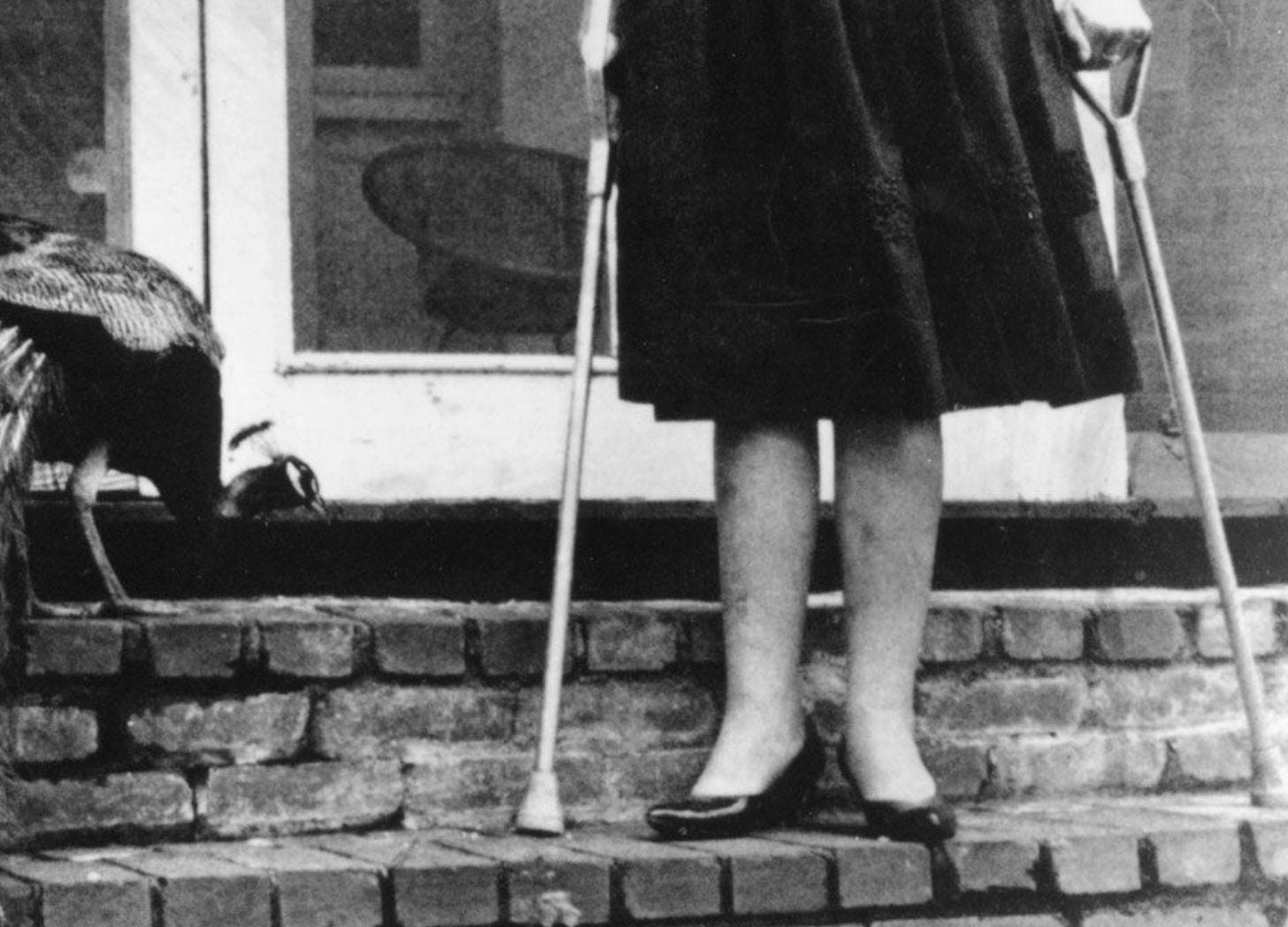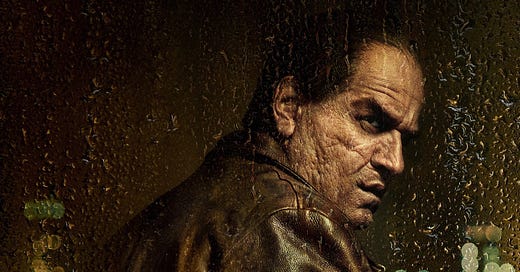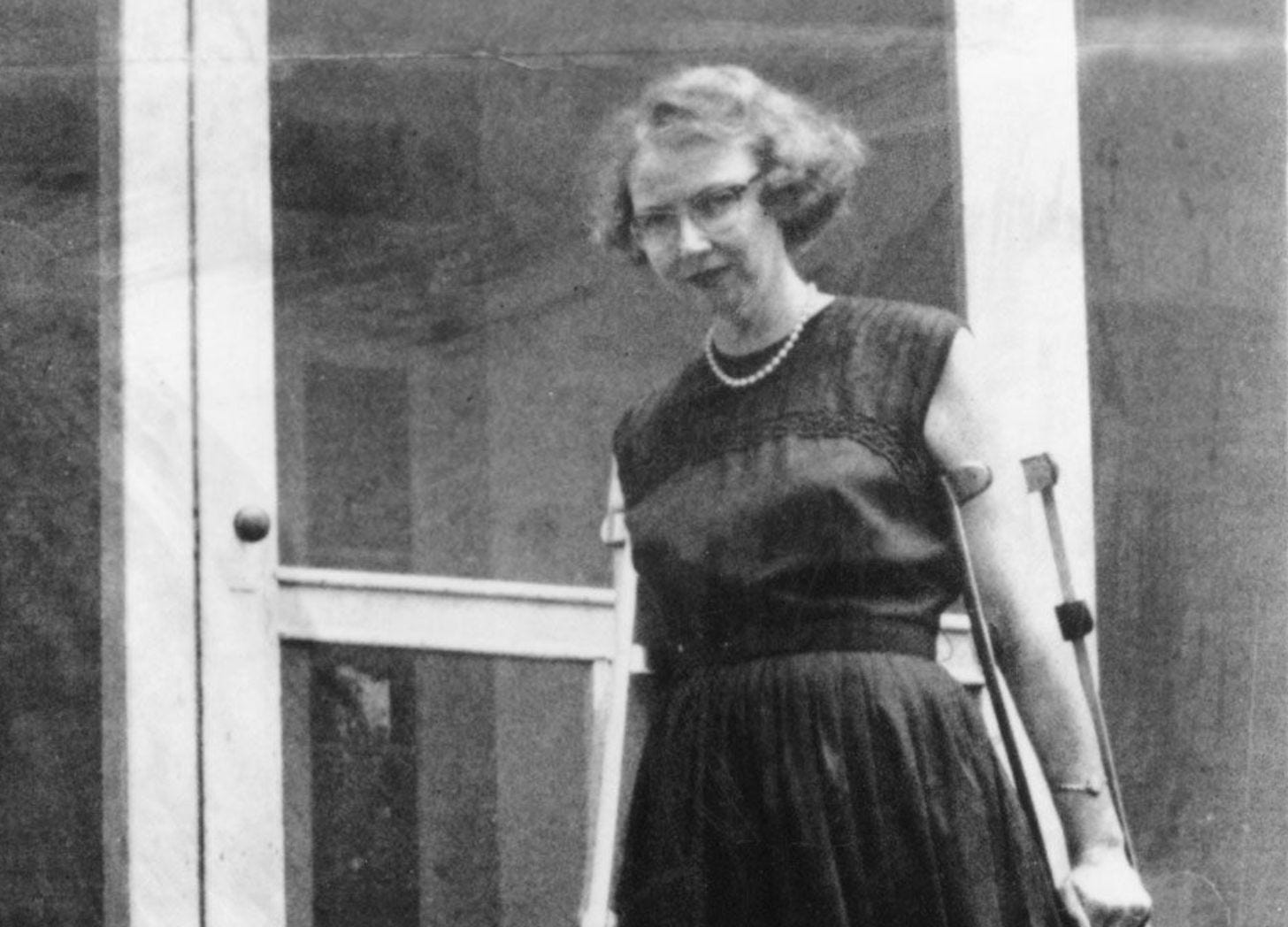If you’re new here, read this quick primer on the Story Energies, a new way to talk about storytelling.
In the long TV-news montage that opens HBO’s new Batman spinoff, we learn that mob boss Carmine Falcone has been assassinated, and there’s a power vacuum in Gotham City’s underworld.
And we sort of know, because he spends the sequence looking pensively out the window, and because the camera jumps in closer and closer to Colin Farrell’s machinating frown, and because the show is called The Penguin (subtitle: The City Will Be His), that Oz Cobb is going to fill that vacuum over the course of the next 8 to 10 episodes.
As we delve into the gritty realism of the early scenes, however, it becomes clear that Cobb is not an obvious heir. He’s not part of the Falcone family, and doesn’t seem to be particularly respected—much less feared—by its remaining members. And he’s heavy, slow, he lumbers around, he limps. Eventually, he sits down and pulls off his sock…
One thing the show’s creators are giving us, in this pilot episode, is the origin story of the Penguin’s waddle: a warped arch, malformed toes. And this impairment hasn’t only impacted the way he walks. A disability like this can change your life—it adds huge Potential Energy to your life’s story, especially if you grow up in a tough neighbourhood where the other kids will make fun of you. We’re not made sit through hammy flashbacks of child Oz being bullied on the schoolyard, and gazing up bitterly at his tormentors from the mud. But we do get lots of glimpses, in the way grown Oz behaves today, of how this trait that made him different from the other kids in his neighbourhood has profoundly influenced the formation of his character…
In Flannery O’Connor’s Mysteries & Manners (one of my favourite books about storytelling), she recounts her experience of writing one of her most-loved short stories:
I once wrote a story called ‘Good Country People,’ in which a lady Ph.D. has her wooden leg stolen by a Bible salesman whom she has tried to seduce. Now I'll admit that, paraphrased in this way, the situation is simply a low joke. The average reader is pleased to observe anybody’s wooden leg being stolen. But without ceasing to appeal to him and without making any statement of high intention, this story does manage to operate at another level of experience, by letting the wooden leg accumulate meaning. Early in the story, we’re presented with the fact that the Ph.D. is spiritually as well as physically crippled. She believes in nothing but her own belief in nothing, and we perceive that there is a wooden part of her soul that corresponds to her wooden leg […] As the story goes on, the wooden leg continues to accumulate meaning. The reader learns how the girl feels about her leg, how her mother feels about it, and […] finally, by the time the Bible salesman comes along the leg has accumulated so much meaning that it is, as the saying goes loaded.
Loaded, like Chekhov’s gun on the wall, and so the story itself feels obliged to take it down and, so to speak, fire it.
O’Connor goes on to describe how this accumulation of meaning happened almost by accident, thanks to the ‘habit of art’ she acquired through years of writing that helped her ‘find as much meaning as possible in things.’ I’ll return to this ‘habit of art’ in a future post, but for now let’s focus on the wooden leg, and the power it assumes in this story.

Whenever we give a character a particular trait, it becomes a question waiting to be answered. And when we try to answer that question, it can throw up lots more new questions about the character and the world they live in. Questions beget questions.
When that trait is a lack of something—and the wooden leg, here, as well as being a wooden leg, is a proxy for the missing limb—it creates a void, a vacuum in the character’s life, which Story, by its nature, will try to fill. And when, as writers, we focus our attention on this lack—when we don our headlamps and explore that void we have opened— we can discover all sorts of new possibilities for the story we’re composing. Potential begets Potential, especially when we look closely and pay attention.
In The Body Scout, by Lincoln Michel, we’re introduced to a future where prosthetic limbs, thanks to advancements in cybernetics, are vast improvements on our flimsy skin-and-bone models. Our narrator, Kobo, begins the book with an already-outdated bionic arm, and dreams of all sorts of other upgrades to his body—if he could only afford them.
This vision of biology interwoven with technology is imagined outwards into a compelling, hilarious-yet-too-plausible dystopia. Kobo long ago gave up on his dream of playing pro-baseball, but freelances as a talent scout in an industry where the teams are owned by corporations, and where competing forces are always on the look-out for new ways to cheat. As Kobo tries to solve the mystery of his vaporised star-pitcher brother, he gets dragged deeper into this seedy world of intrigue and violence.
Because new, improved limbs are on offer, if one can only secure the credit to buy them, Michel’s universe is charged with the Potential for new desires and longings—new voids to be filled. And because bionic arms can be ripped off by reverse-engineered Neanderthal goons, and state-of-the-art replacements offered as quid pro quos for the abandonment of principles, these technologies offer lots of practical possibilities for action-packed scenes, which the novel joyfully makes full use of. Potential begets Potential begets all sorts of Story Energy—Kinetic, Elastic, Magnetic, Electrical. And all the while, the story escalates closer to that eternal question that’s inevitably prompted by this technology: what does it mean to be human?
When a person has a limb amputated, they can continue to feel it. Still feel pain from it. The absence remains, in a very real way, present.
This can also be true for other losses. Like a loved one, who lives on in our grief, in the ways we miss them; in how we think we see them on the street, or through a bus window.
And this can be true for things we never had, but yet long for. Like a bionic pitching arm, or an unrequiting lover; a World Series ring; a forgiving, communicative God; our boss’s boss’s job; the fear and respect of an army of criminals…
We all experience our lives as a rich tapestry of overlapping Story—narrative threads connecting us with all the things we care about—and Story abhors a vacuum. If an absence or lack tears open a void, we will (consciously or unconsciously) strive to pack it with meaning, in order to feel as if we’re in control of our lives, and as if those lives are important in a way we can understand and feel good about.
Another thing that’s true is that if we pack our lives with meaning—if we imagine ourselves as someone who is (or at least could be) an important person—that increases our Potential to impact other people, and the world around us.
For better, or for worse.
But let’s return to Oz Cobb. Unlike the ‘lady Ph.D.’ in Good Country People, there’s nothing wooden about his soul. But twisted? Raw? Warped? Tender?
We see the accumulated meaning of Oz’s lifelong physical impairment in his gait. We see it in his relationship with his formidable mother, who we can imagine has been impelling him to stick up for himself his whole life. We see it in his clumsy sympathy for the teenager he takes under his wing, who grew up in the same tough neighbourhood, and whose stutter we can imagine also drew the attention of bullies. We see it in his political philosophy: nobody’s going to give you anything, and it’s rightfully yours if you step up and take it. And we see it when Alberto Falcone, Oz’s boss, gets drunk and high and mocks and laughs at him, and Oz impulsively pulls out his gun and shoots him five times.
This murder, about ten minutes in, sets in motion the events of the rest of the episode, and the season to come. Oz didn’t plan it, but it became inevitable, because his character’s creators charged him with so much Potential Energy his sensitivity to bullying was like that gun in his waistband, just begging to be fired. Yes, they’ve charged him with so much Potential Energy that when we look closely, we can see that he is, in fact, the natural heir to the underworld’s throne, and that he can become, in time, a worthy nemesis for even the Batman.
You can hear Good Country People read aloud by Steve Wilkins here.
I found the photo of Flannery O’Connor (and her peacock) here. Here’s another!
You can purchase O’Connor’s Mysteries & Manners or Complete Stories, or Michel’s The Body Scout, at Bookshop.org, and support local bookstores.
You can follow Lincoln Michel right here on Substack, or subscribe to his excellent Counter Craft.
You can now watch the (at time of writing) first three episodes of The Penguin on Max.
And if you’re wondering why they felt they needed to cast a very conventionally handsome actor as The Penguin, then fix his perfections with make-up, you’re not the only one.










